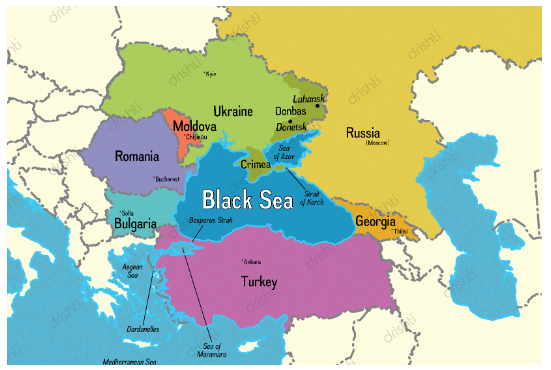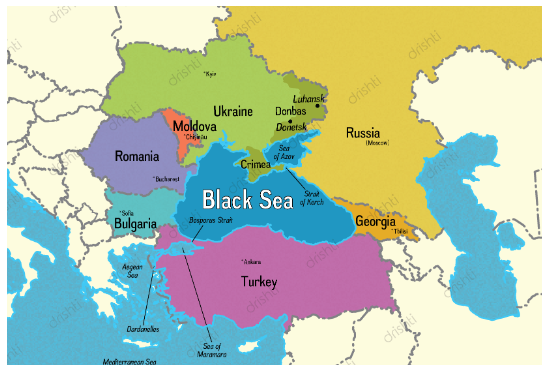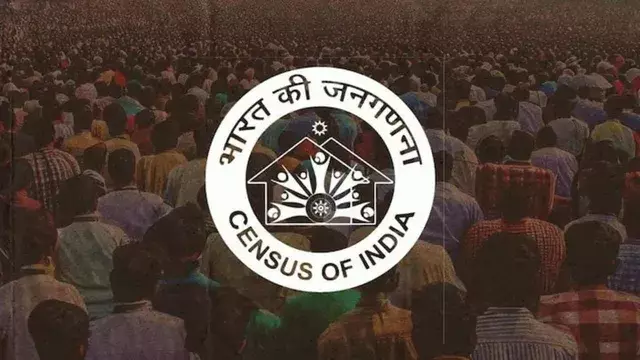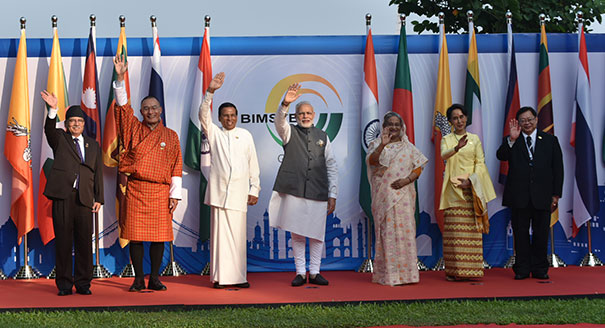- Courses
- GS Full Course 1 Year
- GS Full Course 2 Year
- GS Full Course 3 Year
- GS Full Course Till Selection
- Answer Alpha: Mains 2025 Mentorship
- MEP (Mains Enrichment Programme) Data, Facts
- Essay Target – 150+ Marks
- Online Program
- GS Recorded Course
- Polity
- Geography
- Economy
- Ancient, Medieval and Art & Culture AMAC
- Modern India, Post Independence & World History
- Environment
- Governance
- Science & Technology
- International Relations and Internal Security
- Disaster Management
- Ethics
- NCERT Current Affairs
- Indian Society and Social Issue
- NCERT- Science and Technology
- NCERT - Geography
- NCERT - Ancient History
- NCERT- World History
- NCERT Modern History
- CSAT
- 5 LAYERED ARJUNA Mentorship
- Public Administration Optional
- ABOUT US
- OUR TOPPERS
- TEST SERIES
- FREE STUDY MATERIAL
- VIDEOS
- CONTACT US
Negotiations to revive Black Sea Grain Deal
Negotiations to revive Black Sea Grain Deal

Latest Context:
In recent news, the Turkish President and his Russian counterpart have engaged in discussions aimed at reviving the Black Sea Grain Deal, which Russia withdrew from in July 2023.
Black Sea Grain Initiative:
- Overview: The Black Sea Grain Initiative was established to address the increasing food prices resulting from disruptions in the supply chain, primarily caused by Russian actions in the world's major food-producing regions. This agreement, negotiated by the United Nations (UN) and Turkey, was signed in Istanbul back in July 2022. Specifically, the initiative permits the export of commercial food and fertilizers, including ammonia, from three crucial Ukrainian ports situated along the Black Sea: Odesa, Chornomorsk, and Yuzhny/Pivdennyi.
- Objective: Initially set for a 120-day duration, the deal was designed to create a secure maritime corridor for Ukrainian exports, particularly focusing on food grains. The primary goal was to stabilize markets by ensuring an ample supply of grains, thereby mitigating food price inflation.
- The Role of the Joint Coordination Centre (JCC): The JCC was established to oversee the implementation of the Black Sea Grain Initiative. This coordination centre is based in Istanbul and includes representatives from Russia, Turkey, Ukraine, and the UN, with the UN also serving as the Secretariat for the Centre. All commercial vessels are required to register directly with the JCC, ensuring proper monitoring, inspection, and safe passage.
Understanding Russia's Exit from the Grain Deal:
- Russia asserts that the commitments made under the agreement have not been fulfilled, and it continues to face challenges exporting its agricultural products and fertilizers due to the numerous sanctions imposed by Western countries.
- While there are no direct restrictions on Russia's agricultural products, the nation claims that barriers related to payment platforms, insurance, shipping, and logistics are hindering its exports.
- Russia also argues that it initially agreed to the grain deal to contribute to global food security, but Ukraine has predominantly exported to higher and middle-income countries.
- Russia's withdrawal was attributed to the failure to uphold a parallel agreement that promised to eliminate obstacles to its food and fertilizer exports, particularly citing shipping and insurance restrictions despite its recent record-breaking wheat exports.
Turkey's Role in Facilitating the Deal:
- Turkey has played a pivotal role in trying to revive the grain deal. The nation has consistently committed to renewing arrangements that have helped prevent food crises in various regions of Africa, the Middle East, and Asia.
- Both Ukraine and Russia are substantial suppliers of wheat, barley, sunflower oil, and other essential goods to developing nations.
- Turkey's close relationship with Russia during the 18-month Ukraine conflict has positioned it as a crucial trading partner and logistical hub for Russia's international trade.
- Despite its NATO membership, Turkey refrained from imposing Western sanctions on Russia after its invasion of Ukraine, highlighting its unique diplomatic standing.

Significance of the Black Sea Grain Initiative:
- Ukraine ranks among the world's largest exporters of wheat, maize, rapeseed, sunflower seeds, and sunflower oil. Its access to deep-sea ports along the Black Sea enables direct trade with Russia and Europe, as well as grain importers from the Middle East and North Africa.
- The initiative has been credited with making a substantial impact on the global cost of living crisis. This agreement facilitated the secure export of nearly 33 million metric tons (36 million tons) of grain and other commodities from three Ukrainian ports, even amid Russia's ongoing conflict. Those stockpiling grain in the hope of making significant profits due to supply shortages were compelled to sell.
Conclusion:
This initiative has also made a substantial impact on the global cost of living crisis by ensuring the safe export of essential commodities, even in the midst of Russia's ongoing conflict. It has prevented hoarding and speculative practices, contributing to a more stable global food market.
As negotiations continue to unfold, it is essential for all parties involved to consider the broader implications of their decisions, not only on their respective nations but also on global food security and the well-being of millions of people worldwide. The Black Sea Grain Initiative serves as a reminder of the interconnectedness of nations in the face of challenges that transcend borders, and the importance of diplomacy and cooperation in finding solutions to these pressing issues.
Which international organization was involved in brokering the Black Sea Grain Initiative in July 2022?
A) NATO
B) United Nations (UN)
C) European Union (EU)
D) Organization of Petroleum Exporting Countries (OPEC)
Correct Answer: B) United Nations (UN)
Must Check: Best IAS Coaching In Delhi



